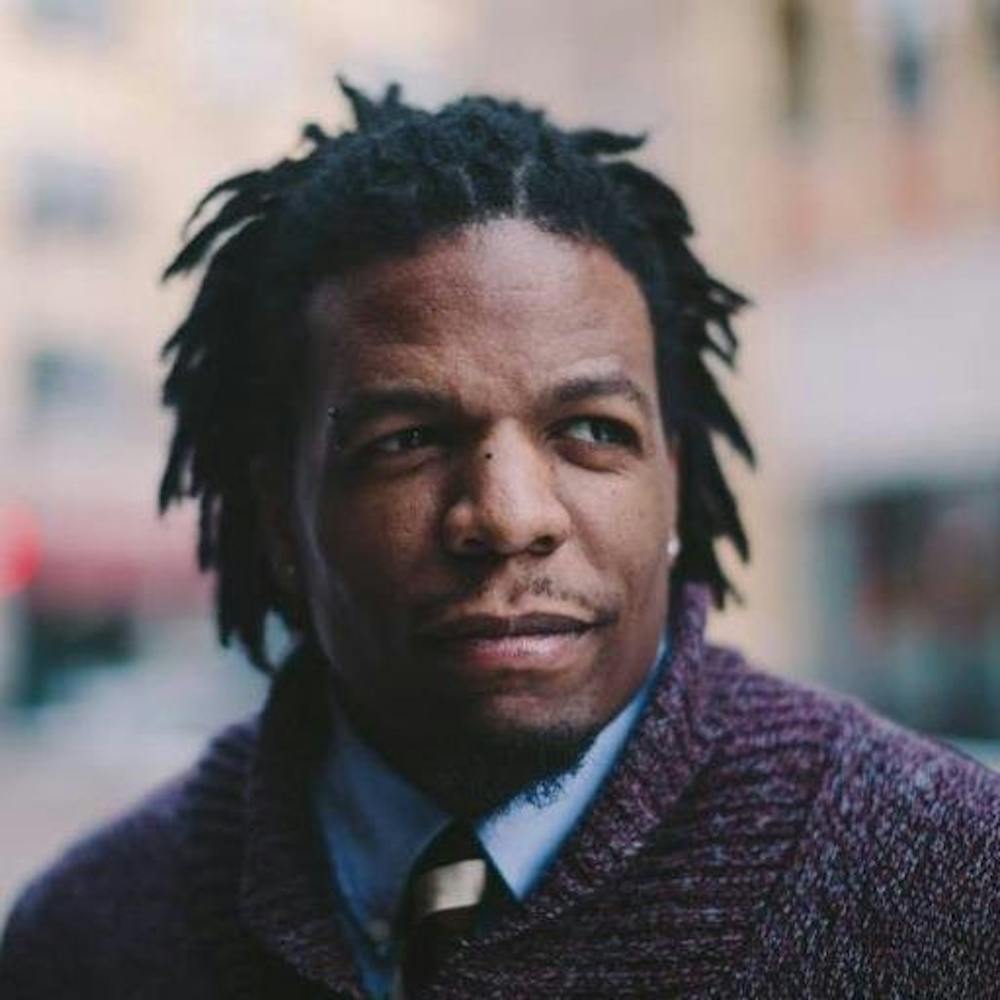The University’s LGBTQ Center and Teach for America’s LGBTQ initiative co-sponsored a discussion Tuesday on the new television musical drama “Empire” and how it presents cultural issues concerning sexuality and race. The discussion also addressed broader applications of these issues in a real-life context.
Tim’m West, managing director of Teach for America’s LGBTQ initiative, spoke on the uniqueness of “Empire” and how it brought previously marginalized issues of African American culture — such as education and perspectives of LGBTQ children — to the forefront of public perception.
One essential problem West addressed was the commonly held belief that black communities are much less accepting of LGBTQ kids than other racial and ethnic groups.
“It’s a timely intervention, this show, for those of us troubled by the narrative suggesting that the black community is inherently homophobic through a viewpoint commonly advanced by the barrage of examples from World Star Hip Hop and social media blogs that gay is a white thing,” West said.
Although the show depicts such homophobia on the part of the character of Lucious Lyon, the importance, West said, is that these issues are being brought into public discussion, whereas beforehand black individuals rarely spoke on the topics.
“Black communities have been reticent or reluctant to talk about sexuality in our community,” he said. “Some people would rather to not have to even think about it or deal with it.”
West cited Benedict Anderson — a professor emeritus of international studies, government and asian studies at Cornell University — and his concept of ‘imagined communities.’ When such a large population of television viewers — thirteen million total — tune in to watch “Empire,” they engage in a ‘singular action’ which begins to loosely define a new community, West said. This community, then, is equipped to join a discussion on issues of sexuality in the black community.
Fifth-year graduate Architecture student Sydney Shivers, the TFA campus campaign coordinator at the University, echoed West’s ideas to apply the issues raised in “Empire” into education in America.
“Education is so foundational to making progress on all civil rights issues we’re facing,” Shivers said.
West identified two major methods of application of the issues of homophobia as perceived in the African American community to educational efforts in America.
For one, he said, the disparaging words and seeming intolerance of gay individuals, evidenced in “Empire”, is perhaps a product of an educational deficiency rather than a “deep-seated, ideological” rejection of homosexuals.
“Maybe this young person [who taunts homosexual peers] hasn’t had a conversation about the impact of those words,” West said.
He said education should focus upon this dearth of knowledge on the subject of LGBTQ individuals to foster acceptance, because homophobia is the result of “never having had another option or way of talking about these issues.”
The second application to education West mentioned was introducing curriculums to include the LGBTQ community in lower income areas to spread understanding and empowerment.
“What kind of different contexts and cultural lenses do we get to sort of impart and advocate so that we’re having conversations in communities of color that are kind of different?” West said. “Maybe there’s an opportunity for education around that.”
West’s experiences with youths who are homeless, without jobs or health care, all led back to a lack of adequate education in their childhood. The social problem of equal education for all is reflected by the racial and sexual issues brought up in “Empire”, especially in the black community.
“Educational equity, as Michelle Obama talked about today, is a civil rights issue that we really have to begin to put on the map,” West said.







